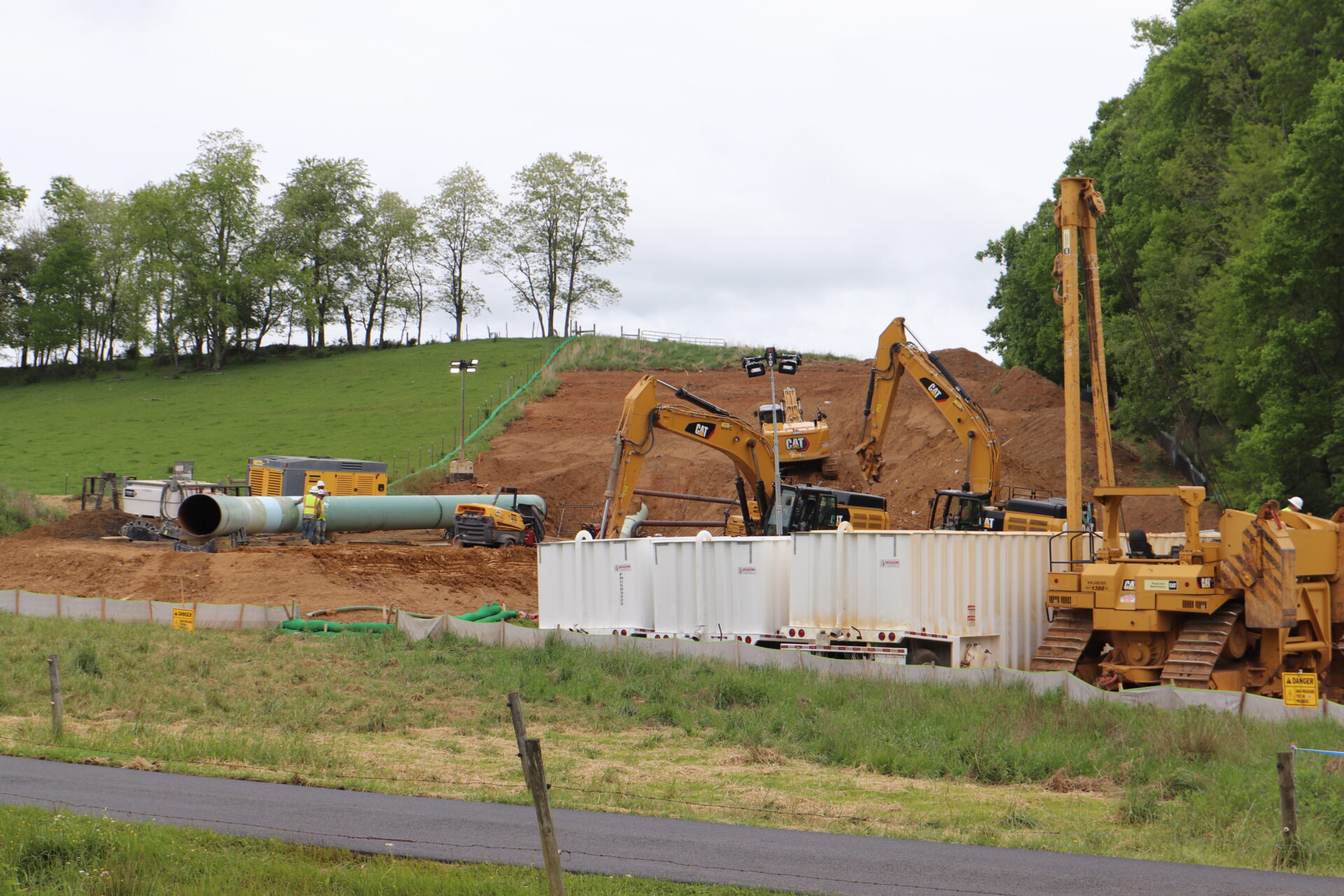The head of natural gas driller EQT Corporation told members of the West Virginia Legislature the company intends to ramp up the size of drilling projects to hedge against projected low natural gas prices. To accomplish that, the company may need help from lawmakers when it comes to “fractured mineral interests.”
Toby Rice, EQT’s new president and CEO, testified Monday to the Joint Committee on Natural Gas Development and Joint Standing Committee on Energy.
“Gas prices are down. It has a big impact, the difference between $2.75 gas and $2.50 gas,” he said. “A lot of this development doesn’t work as well at $2.50 gas.”
EQT is one of the largest natural gas producers in the country, with a focus in Pennsylvania, Ohio and West Virginia. Rice told lawmakers the company is moving toward “combo development,” or the practice of drilling multiple wells on multiple well pads adjacent to one another.
“This allows us to do economies of scale in terms of low gas prices,” he said.
Rice argued larger natural gas developments will ultimately be less disruptive to local communities because multiple wells will be drilled simultaneously. He said EQT sees “room for a lot more development in West Virginia.”
But to accomplish that, Rice told the Legislature that EQT and other natural gas drillers may need “help at some point.” Large-scale development may require the company to sign deals with up to 1,000 landowners, instead of a few hundred.
In West Virginia, often rights to the surface of a property and minerals below it have been severed and do not belong to the same person. Mineral rights are sometimes owned by multiple people.
In 2018, the Legislature passed a co-tenancy bill that lessened the burdens on drillers by allowing companies the ability to enter into leases with co-tenants owning 75 percent of the interest in the minerals.
Rice said he expects fractured ownership could be an issue to the company’s larger development strategy in some cases, “and maybe co-tenancy doesn’t get us there.”
He was not prepared to offer specific regulatory suggestions.
The committees also heard a presentation about two bills from last session that addressed the plugging of abandoned and orphan oil and gas wells. Lawmakers may reconsider the measures during the 2020 session.
One bill is a version of Senate Bill 665, which would create an expedited oil and gas permit program. Drillers would pay double the current $10,000 permit fee to the state Department of Environmental Protection to speed up the permitting process. Half of the proceeds would be placed in a fund earmarked for well plugging. The bill did not make it through the House last session.
Another bill that may get a second chance is House Bill 2673 , which was vetoed by Gov. Jim Justice last year. The legislation halves the severance tax paid by low-producing oil and gas wells. The proceeds would be provided to DEP to tackle the state’s abandoned well problem.
There are more than 14,000 abandoned wells across the state. More than 4,500 are classified as“orphan,” which means they don’t have an operator. Sealing orphan wells falls on state regulators. Plugging one well can cost upwards of $60,000.
